
China Olympics a public relations disaster
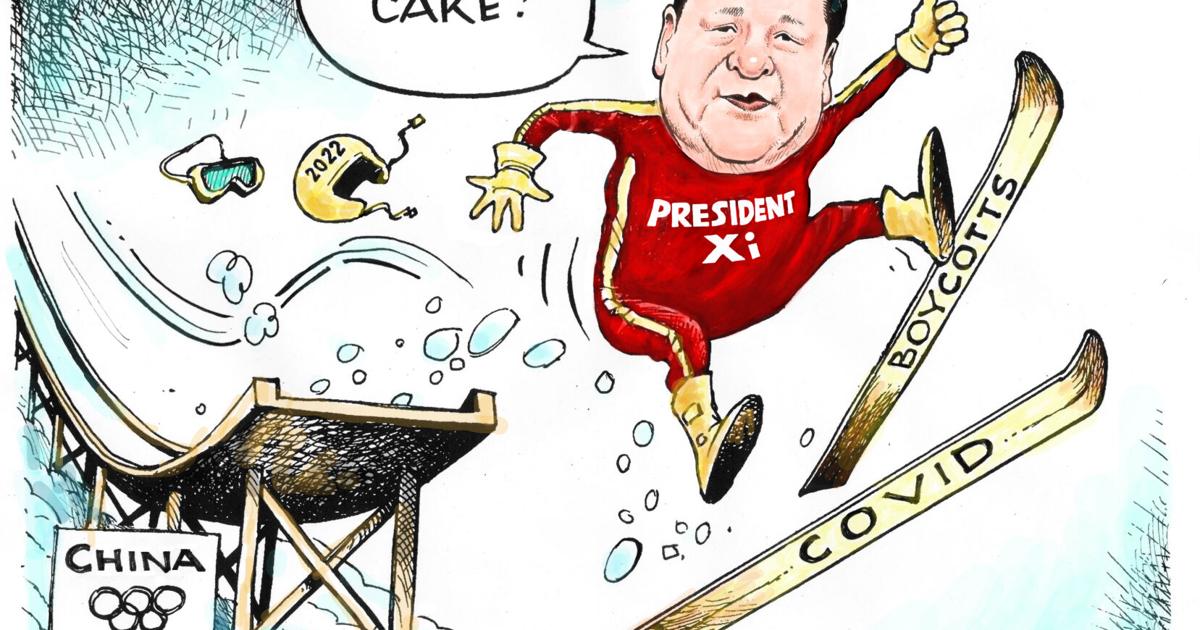
One of the primary purposes of hosting the quadrennial Olympic Games is to put the host nation in a favorable light on the world stage. It can also have residual economic benefits by promoting trade and tourism over a prolonged period.
Since we cannot see the “books,” how China does economically is, at best, an educated guess. China has the financial resources to spend an enormous amount of money on procuring and operating an Olympic event. That means the return on the investment may not be the most important consideration. It is mostly about image.
I know a bit more than the average person about how China views the Olympics since I was peripherally involved in the lead-up to the 2016 Summer Olympics in Beijing. At the time, I was the Foreign Investment Advisor to the City of Harbin in Heilongjiang Province in northern China. I was also involved with a group working on the development of a ski resort that was to be the base for a future Winter Olympics.
Though China had applied for the Summer Games of 2016, they did not expect to be awarded them. So, they were planning for a Winter Games bid – and we were a key part of that process. As it turned out, they did get the Summer Games – and all efforts for a Winter Olympics ended temporarily – including our proposed sky resort.
From that experience, I could see first-hand that the Beijing government was totally focused on public relations, goodwill and international prestige – and they would pay any cost to produce the most impressive Olympic Games in modern history. Return on the investment was an afterthought – if a consideration at all. By all measures, they did what they hoped to achieve in the 2016 summer games.
I am sure that the same motivation was in place for the current Winter Olympics – but much had changed. It is not proving to be the public relations coup that The Chinese had hoped.
Perhaps the most significant change was the evolution of China from an evolving open and progressive culture – with strong free-market tendencies – to an older oppressive and belligerent China. That change came at the hand of Chinese President Xi Jinping.
The warm relationship between China and the United States that I experienced during my dozen years traveling to and from the Middle Kingdom has grown cold. My family and I looked forward to our many visits to China. But today, I no longer have a desire to return – for business or pleasure.
While the 2016 Sumer Games drew attention to many of the great things about China, this year seems to have exposed the ruthlessness of the new Xi regime. There is the genocide against the Uighurs … and the Tibetans. There is the crushing of the democracy movement in Hong Kong. There is the Orwellian social monitoring of the masses. There is a heightened threat against Taiwan. There is the increasing anti-American rhetoric – and the alliance with Russia.
This was not the time to command the world spotlight. While the Summer Games enhanced China’s international image, the Winter Games have diminished it significantly. It brought about a worldwide condemnation – with protests by athletes and boycotts by many of the western democracies.
Perhaps expectations were too high, but the current Winter games were also a technological disaster. For sure, the Covid Pandemic was a problem – as it was for Japan in 2021. The necessity of limiting the crowd in China was understandable. But the extreme measures imposed on athletes and guests created excessive hardship, anger, and complaints. There are reports of participants literally breaking down in tears over food and living conditions.
Personally, I was shocked that Xi decided to put the games in Beijing. Having worked on the northern site for a potential Winter Olympics, I know that all the advantages for such a Winter competition were in Heilongjiang Province. Not the least of which was ample snow. They could also have carried over the amazing Harbin Ice and Snow Festival as a unique added attraction. An amazing event. (Check it out on the Internet)
The images of snow-covered event venues surrounded by barren land and unfrozen water took away much of the grandeur of the games. In addition, some of the buildings that were impressive in 2016 were retreaded in 2022. I recall visiting those sites during their construction a decade before.
The current games did not get the viewership of the previous events. Perhaps there was just too much competition besides the boycotting. American media was overwhelmed with the daily Trump grind. Covid was big news across the globe. The fall of Afghanistan – and Putin’s planned invasion of Ukraine – were big stories.
For many reasons, China did not get the world attention it hoped to achieve – and what attention it did get was negative. The games will go on for a few days, but there is no way that China can pull a rabbit out of the old hat. They are what they are – and what they will be in the rearview mirror of history.
In short, it was a public relations disaster – and a well-deserved one.
So. There ‘tis.



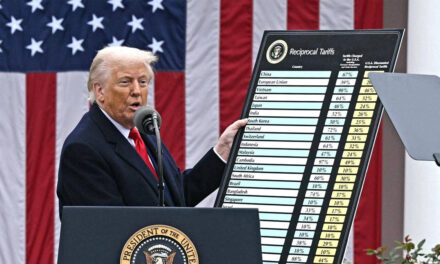






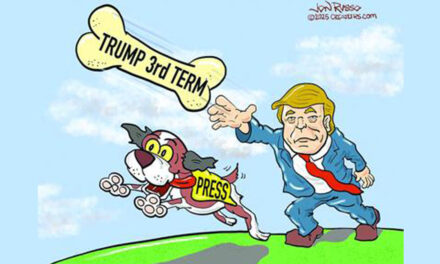
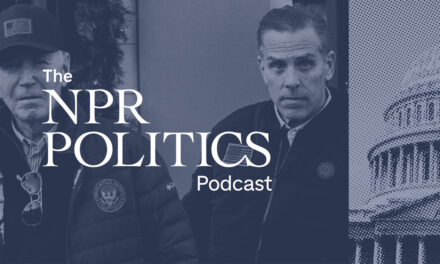





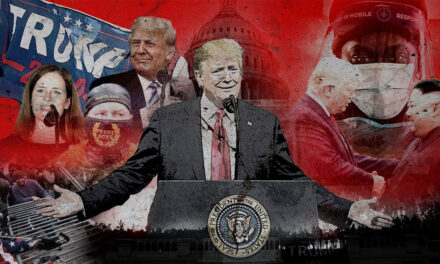

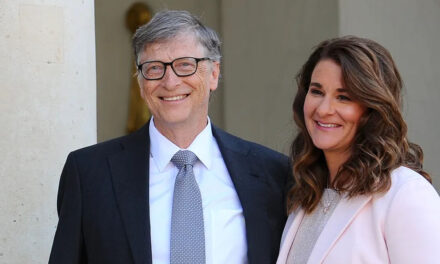








Medicine is one of the most disgraceful professions today, on par with butchery. RFK has turned out to be a…
Wow, repest myself, repeat myself. Oooos. Probably shouldn’t do with taxes, bills, and bringing new double smart oven online.
Dude, snowflakes just wanna, gotta whine….. Of course you don’t see right-wing violence as prevalent as left-wing violence; one needs…
Not sure what that has to do with The Dumpster's story OR my comments, but OK, sure, fine, whatever..... What…
Remember Dunger. With voter ID going to become federal law perhaps people will vote in fair elections. But we can’t…